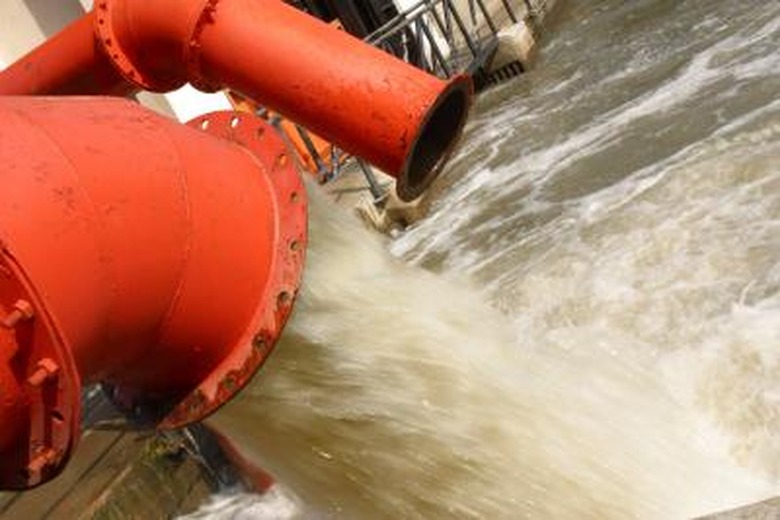Role Of Microbes In Waste Recycling
Bacteria and other microbes are often associated with illnesses, but they have an important role in the waste recycling process. They are responsible for the biodegradation of organic materials and nutrient recycling in the natural environment. In addition to this fundamental role, microbes are also essential to the fermentation stages of waste recycling, biodegradation of oil in the marine ecosystems, helpful in the treatment of wastewaters and in the production of alternative energy.
Natural Biodegradation
Natural Biodegradation
Microorganisms recycle nutrients in the environment, by decomposing organic materials. Organic materials, such as animal carcasses and tree trunks, decay by the action of decomposing microbes, which are also responsible for getting rid of industrial and household waste. Through a process called biodegradation, microbes use nutrients and chemical substances found in the environment for their own survival. The nutrients from the breakdown of these products are free in the environment to feed plants or algae, which in turn feed all animals.
Fermentation
Fermentation
People have used bacteria, yeasts and other microbes to produce many foods and beverages since ancient times. Bread is the result of a microbial fermentation of sugars to produce carbon dioxide, which are liberated in the dough making the bread rise. Microbes are also fundamental in the production of beer and wine, converting sugars into alcohol. Microbial fermentation is also a step during the chemical process of waste recycling. Aspergillus carbonarius is a microorganism used in the biodegradation of chromium shavings, which are part of tannery waste.
Biodegradation of Oil
Biodegradation of Oil
Hydrocarbon-consuming microbes, such as Alcanivorax borkumensis, are used to clean oil spills, especially in deep waters. According to an article published in "Scientific American," microbes are the only process that breaks down the oil deeper in the water, while physical processes such as evaporation or waves can be applied to surface waters. The bacteria break down the ring structures of the hydrocarbons in the oil using enzymes and oxygen contained in the seawater. Oil-consuming bacteria naturally occur in every ocean of the world, from the Arctic to the Antarctic.
Energy Production
Energy Production
When degrading brewery waste and other organic materials, microbes can produce methane gas, the major component of natural gas. As of February 2011, scientists at Cornell University, NY, are also researching the use of microbial communities to produce liquid biofuels, reports Science Daily. Anaerobic microorganisms, which live in oxygen-laking environments, can also convert a mixture of manure and energy crops, such as:
- sugarcane
- maize
- into electricity
Cite This Article
MLA
Zinni, Yasmin. "Role Of Microbes In Waste Recycling" sciencing.com, https://www.sciencing.com/role-microbes-waste-recycling-8091838/. 24 April 2017.
APA
Zinni, Yasmin. (2017, April 24). Role Of Microbes In Waste Recycling. sciencing.com. Retrieved from https://www.sciencing.com/role-microbes-waste-recycling-8091838/
Chicago
Zinni, Yasmin. Role Of Microbes In Waste Recycling last modified August 30, 2022. https://www.sciencing.com/role-microbes-waste-recycling-8091838/
